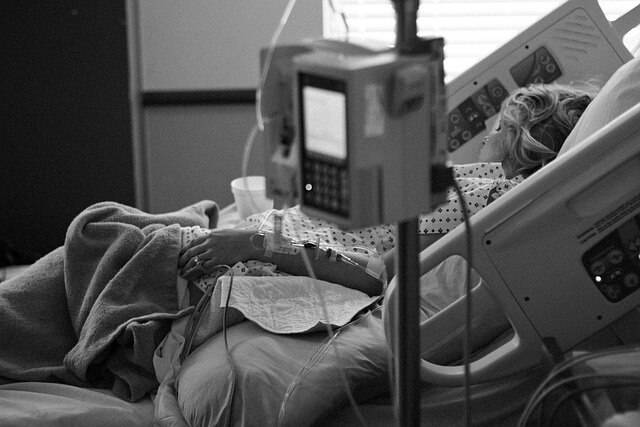The 2023 revision of the ruling on advance medical directives in India falls short in safeguarding the dignity and autonomy of terminally ill patients, according to experts. The ruling’s language and procedural impracticalities may cause distress and guilt among families and professionals, failing to address critical issues in end-of-life care.
Details of the Revision: The 2023 revision aimed to clarify and simplify aspects of end-of-life care, following the initial ruling made by the Supreme Court of India in 2018. However, specialist doctors suggest in a letter published in the journal BMJ Supportive & Palliative Care that the revised ruling has significant shortcomings. Among these is the continued use of the term ‘passive euthanasia’ for withholding or withdrawing life support, which they say “is likely to cause an enormous burden of guilt on families and professionals” due to its association with killing.
Lack of Awareness and Cumbersome Procedures: The experts argue that simplifying the creation of an advance directive is not enough, as it’s crucial that this change becomes widely known among the public. They emphasize, “It is imperative to create awareness among the lay public so that people know how to create such a document and so that the notary public and gazetted officers are aware of these guidelines.” Moreover, they criticize the ruling for being impractical, stating that “For a terminally ill person on artificial life support systems, every minute of existence can be agony,” and the lack of a required timeline for decisions on withdrawing life support is problematic.
Inequality in Access to Healthcare: The authors also raise concerns regarding the failure of the ruling to address inequalities in access to healthcare and the overall organization of the healthcare system in India, stating that “the ruling only meets the needs, if at all, of a small portion of the population.”
Final Thoughts: The doctors emphasize the importance of respecting individuals’ rights to refuse treatment. They conclude, “In the 21st century due to advancement in the field of medical science, it is possible for a human to stay alive with the help of machines for extended periods of time… It is important to remember that while drugs and devices prolong life, they can significantly reduce quality of life. Therefore, a person must have the right to refuse treatment and the choice to live with the quality of life of their choice and should not be forced to live a life of machine-related suffering.”
This criticism calls for further reflection on the part of legislators and healthcare providers to ensure that policies and practices regarding end-of-life care uphold the dignity and rights of the patients involved.
If our reporting has informed or inspired you, please consider making a donation. Every contribution, no matter the size, empowers us to continue delivering accurate, engaging, and trustworthy science and medical news. Independent journalism requires time, effort, and resources—your support ensures we can keep uncovering the stories that matter most to you.
Join us in making knowledge accessible and impactful. Thank you for standing with us!

